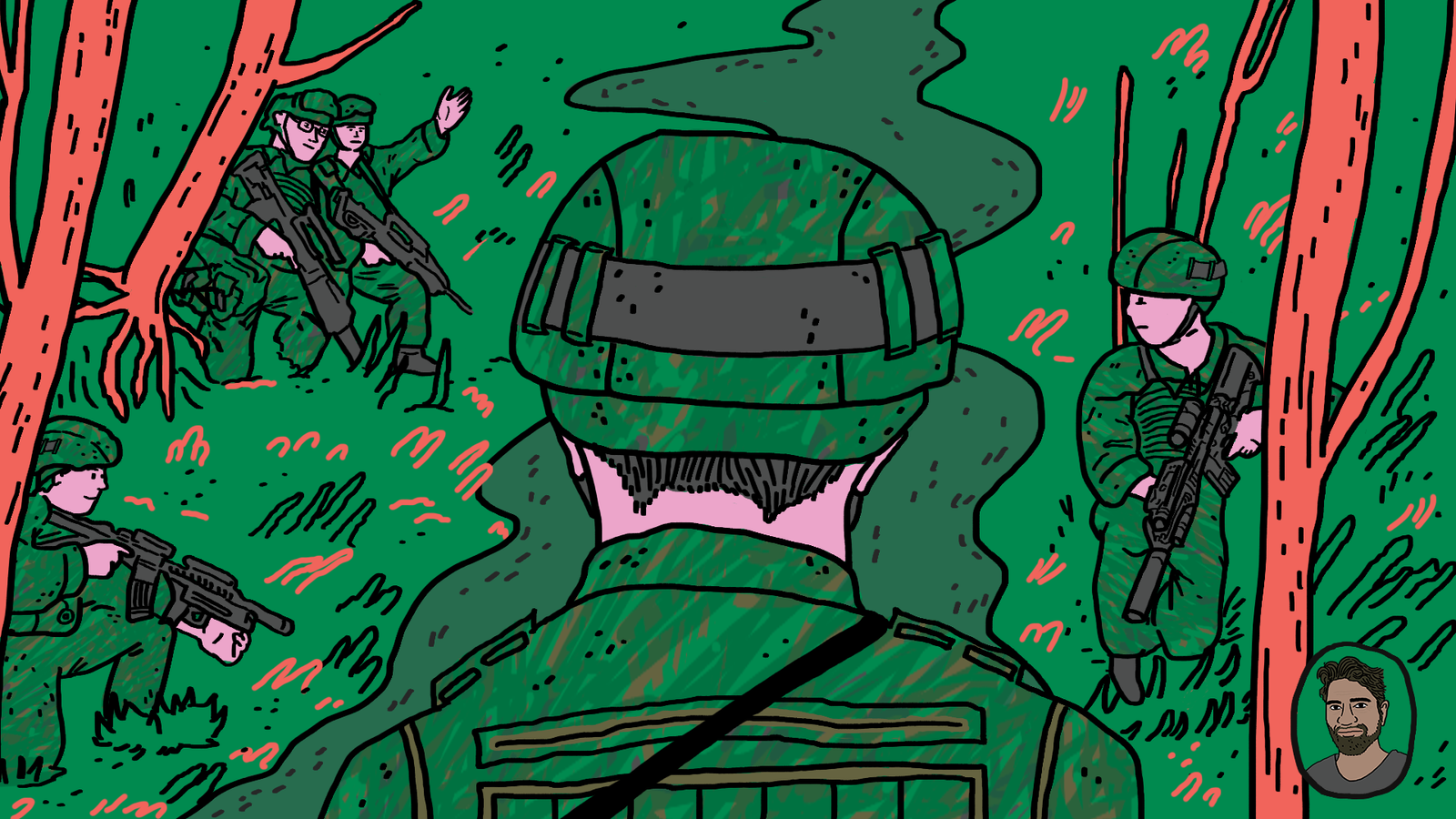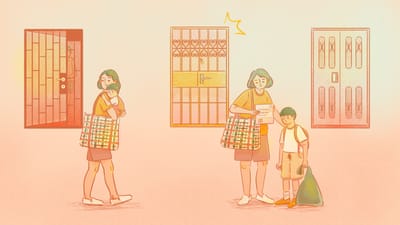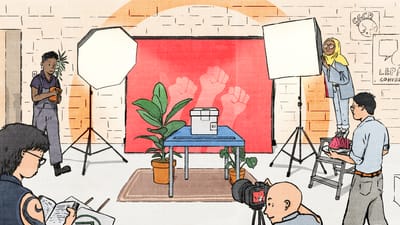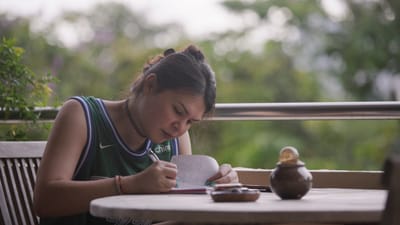Women and children fleeing, carrying what little they can, including hopes of reunions with fathers, brothers, partners. Men corralled and executed, the muffled tak-taks of modern guns in bucolic villages reminding us that terror doesn’t always scream. And cities lying in smouldering ruins, bedrooms and supermarkets hollowed out like the souls that trundle among the rubble.
These images and sounds from Ukraine, beamed directly onto our screens during what some call the “world’s first social media war," are now part of our collective consciousness.
For many Singaporeans, coming in the year when the Singapore Armed Forces (SAF) celebrates its 55th birthday, the invasion validated the old guard’s hawkish instincts—small states must be armed to the teeth in order to deter larger aggressors.
It would, however, be a mistake to allow the existential paranoias from the 1960s to again dominate our national conversation on National Service (NS). Instead, the invasion of Ukraine should force us to deeply interrogate our contemporary notions of home, community and enemy.
We must name evil—Vladimir Putin, take that—so that we can identify it and unite in resistance. Yet given that independent Singapore has never once faced military aggression from another state, who exactly is our enemy?
Malaysia, apparently, when I was serving as a tank gunner in the Singapore Armoured Regiment in the 1990s. We had to prepare for a potential land invasion the same way Israel prepares for war against the Arab states surrounding it.
It is a lazy comparison that reveals an ignorance of the circumstances behind the creation of modern Israel and Singapore. Israel’s formation was spearheaded by a Zionist movement—its expansionism catalysed by antisemitism in Europe—on land already home to a diverse population. Singapore, by contrast, was simply booted out of an ill-fated, short-lived federation, its land and its own diverse population discarded by a much bigger neighbour.
Perhaps we should be thankful for Lee Kuan Yew’s paranoias in the 1960s, a decade in which Malaya witnessed communal riots; the Malayan Communist Party (MCP) fought independent Malaysia and Singapore with some support from China via Deng Xiaoping; and Indonesia’s policy of Konfrontasi with Malaysia led to, among other things, the MacDonald House bombing in Singapore just five months before August 9th 1965.
Yet why did these fears linger long after the relatively turbulent post-colonial period? Perhaps it was because Lee never overcame his suspicion of Malay nationalists, whom he blamed for scuppering his dreams of a greater Malaya. Independence, Lee pontificated in 1960, would lead to a situation where “...about four to five million Chinese will be living cheek by jowl in an independent Sin-chia-po in the midst of 100 million hostile Malays and Indonesians.” Perhaps Lee always felt surrounded by some supposed hostility.
Or maybe fear had just become too politically convenient. In 1987, Lee managed to convince his party, the state apparatus, and much of the population that a bunch of social workers and opposition volunteers were plotting a Marxist Conspiracy to overthrow the state. They were detained without trial, one for three years. Detainees say they were tortured into giving confessions. The government has never offered conclusive proof of their Marxist credentials, never mind the insurgent plot.
This occurred two years before the Berlin Wall fell, with the MCP having laid down its arms and global communism on its deathbed. It is a reminder of the siege mentality that runs through the PAP leadership—Singapore’s “vulnerability” an apparently immutable fact—and of the party’s penchant for instrumentalising fear as a tool of control and power, something that persists till today, fuelled by the bevy of military bros in high office.
Singaporean hawks sold a Marxist conspiracy in the late 1980s, and today some have seized upon the invasion of Ukraine to incite fear about a budding Putin on our doorstep. It is unclear whether the Ukraine-Russia or the Israel-Arab World comparison is the more far-fetched.
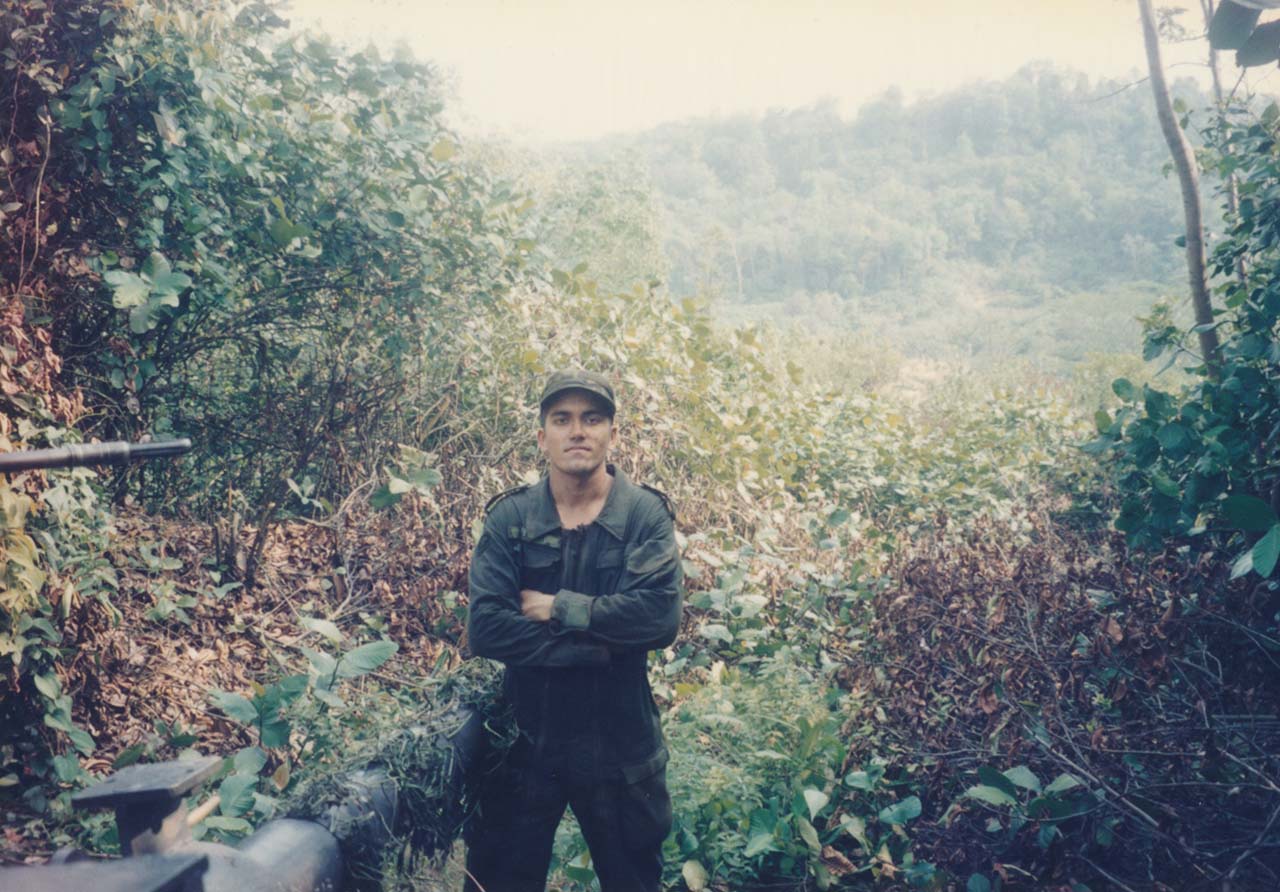
All that is not to suggest that Singapore will never face a threat from our neighbours. It is simply that our assessment of the present threat appears overblown compared with geopolitical realities. Taiwan has recently gotten by with four months of conscript military training, yet Singapore apparently needs two years.
For several decades now, the primary external threats to Singapore have not been other countries, but non-state actors such as terrorists, including large foreign groups, self-radicalised individuals, and cyber attackers.
In an era of increasing “grey zone” warfare between states, add cyber influence operations from the likes of Beijing and Moscow. Yes, this year, the SAF is setting up a Digital and Intelligence Service to function as a fourth service alongside the Army, Navy and Air Force. Still, it is puzzling why Singapore continues to maintain such large traditional forces. Why aren’t we further calibrating our national defence to the actual threats?
It is partly because Singapore, instead of naming the right enemies, continues to name all and sundry: Malaysia, Indonesia, Chinese spies, woke American activists, Kirsten Han. The secure Singaporean is meant to be like Durga, the Hindu goddess who carries a different weapon in each of her many arms, fending off attackers from all directions.
Some conservatives might argue that there’s no downside to being extra prepared. Yet Singapore’s hyper-militarisation—we are regularly among the top five per capita military spenders in the world—has imposed growing costs over the years on different segments of society.
Consider first the demonisation of our neighbours. This exacts an internal and external toll. Muslim Singaporeans, including most Malays, are banned from certain sensitive units, such as Armour, on the nonsensical grounds that they may have divided loyalties in the event of war with Malaysia or Indonesia.
When I was in service in the 1990s, somebody one day posted on our regiment’s HQ notice board a list of “Best jokes about Malays”. This included “How do you create the world’s biggest zoo? Put a fence around Malaysia.” Only after a few days did an officer complain and remove it.
By blindly importing Israel’s suspicion of its Muslim neighbours, Lee unwittingly fostered a climate of prejudice not only towards our neighbours, but also Muslim Singaporeans. (According to Wikileaks, in 2005 Lee characterised Islam as “a venomous religion”. He denied saying it.)
Another form of prejudice that NS has gradually inspired is from some male citizens towards other groups, including women, permanent residents (PRs) and other foreigners. In 1970, citizens represented over 90 percent of Singapore’s population. By 2021, just 64 percent.
Singapore, the world’s only global city cum sovereign state, has a unique demographic structure, with many having one foot in another country. NS cannot possibly promote social integration if it is served only by some 30-plus percent of the population. Moreover, in terms of fairness, why should only male citizens sacrifice two years of their prime to underwrite the security of this global city?
While society will probably feel most empathy for deferred sports careers—such as those of Joseph Schooling and Ben Davis—there is a potential loss in many others. In this era of rapid technological change, when young people are starting companies that upend entire industries, the opportunity cost to society of taking away two years of youth is greater than ever before. If Mark Zuckerberg had been born in Singapore, he would have spent his late teens in fatigues, not Facebook.
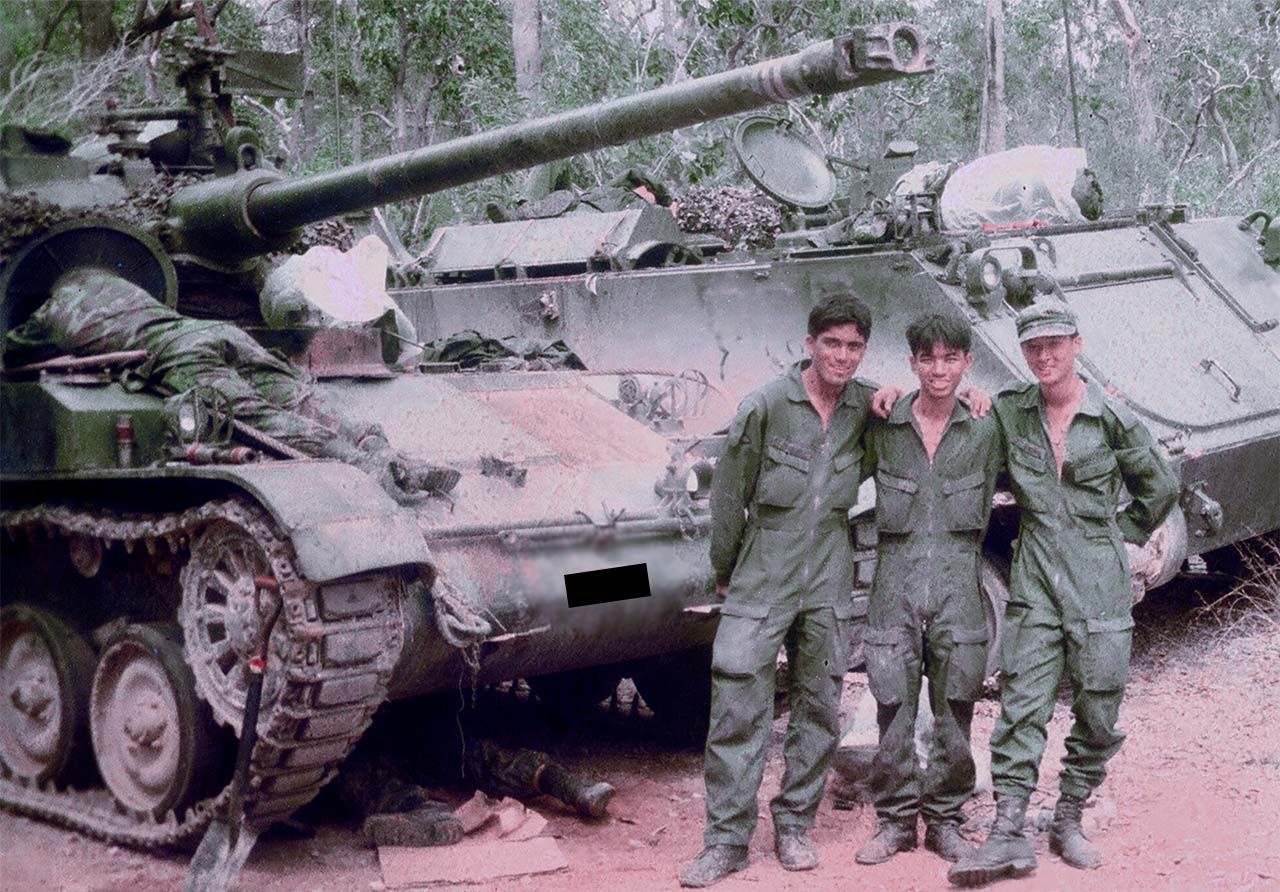
Finally, the injuries and deaths. The SAF is opaque with its statistics. It often requires a parliamentary discussion, as happened in 2019, for Singaporeans to find out about “training-related deaths” years before. Suicides and other debilitating injuries are not captured.
When I was part of Exercise Wallaby in the Queensland desert, the magic of the nighttime sky was one day broken by news that a soldier had been run over by an armoured vehicle he had been sleeping next to. He survived, but was paralysed. Back in the Singapore jungle, meanwhile, a humid afternoon was broken by news that somebody from the next company had gone to see a military doctor at the Central ManPower Base, and then had crossed Depot Road, climbed to the top of a building, and jumped.
Neither of my army mates would have made our headline statistic on “training-related deaths”. First we made them suffer, then we wiped our conscience clean. (By contrast, Israel regularly publishes statistics on this.)
What would a reformed NS look like? It must retain some current philosophies, including instilling discipline, a sense of national pride and collective identity; and mixing people from different income strata in order to promote social integration.
It would have to be reduced in length, so as not to drastically interrupt the careers of young Singaporeans, or discourage foreigners from taking up residency. Six months for citizens and three months for PRs, which they can spread across six years?
Some might baulk at the notion of PRs ever serving NS, though from my conversations with many of them, I believe they’d value the opportunity for intensive interactions with Singaporeans. We can find a formula that balances the trade-offs.
Recruits could be given some choice between domestic and international service. The former could include everything from traditional military to social work. For elite sportspeople, perhaps light work that doesn’t interrupt their intensive training schedules, which is necessary for their own national service: representing Singapore at the highest levels.
For national defence, Singapore would have to transition from a conscript to a professional military, as is the case in almost every other peacetime country. Any cost increases must be weighed against the numerous benefits of this reformed NS.
Most importantly, by encompassing everybody from women to foreigners, and by promoting social work for the less well-off, it would genuinely foster social integration and improve our sense of belonging to the nation. The greatest current threats to Singapore’s stability are not external ones, but internal social tensions, for instance between new and old migrants, and between the rich and the poor.
Some people, including Corinna Lim, the executive director of AWARE, the Association of Women for Action and Research, believe that one way to improve gender equality is by creating an expanded, gender-neutral NS. Though it includes alternative service options, the military would still be reliant on conscription.
While understandable, this school of thought represents a lack of imagination. Without a shift to a professional armed forces, the inclusion of women in NS—even one with non-military options—will almost certainly lead to the militarisation of many women.
Gender equality is not best served by putting women into a service already loathed by many men. Better to end military conscription, and redesign a service that every Singaporean can proudly do, one that in fact could expose young men, through social work, to the realities of gender discrimination in society.
The international service could include humanitarian work or reconstruction in areas ravaged by natural disasters, which affect every South-east Asian country except ours. This would improve relations with our neighbours. Soft power, not just hard, will guarantee Singapore’s safety. Blessed in so many ways, Singapore should strive to inspire regional compassion, not an arms race.
And therein lies perhaps the most valuable aspect of reforming NS—replacing vulnerability and fear with generosity and kindness as pillars of Singaporean national identity.
Hawks would write off all that as fluff from a dove. Accusations of liberal naivety will be accompanied by the usual comparisons to the rise and fall of Venice, amorphous arguments about balancing China and the US, and suggestions that the navy is already pivoting towards humanitarian work.
My own views have moderated over time. Fifteen years ago, I believed demilitarisation might be an option. (That I no longer do is perhaps due to my own, ageing lack of imagination.) Ten years ago, after I published Floating on a Malayan Breeze: Travels in Malaysia and Singapore, members of the old guard who read it told me I was being too sanguine about threats from Malaysia. SR Nathan, Singapore’s late president and guest-of-honour at the book launch, was a bit mortified at my light-hearted retelling of meetings with former MCP guerrillas in the Thai jungle. He had been involved in the fight against the insurgency.
Given the uncertain state of the world, including China-US tensions and the potential for pandemics to wreak havoc on transportation linkages, it seems clear to me that Singapore’s stability and success will always be dependent on a total defence approach that encompasses border and food security, among other things.
Yet our public discourse on total defence has been so narrow and limiting. No Singaporean politician or mainstream paper would ever dare suggest a shift to a professional military. Compare that with every other democracy, where the spectrum of debate ranges from pacifists to interventionists.
It’s worth reiterating the title of this essay, which is not a call to abolish NS, but a plea for a deeper discussion. It is important to collaboratively work through Singapore’s security options even if it means that we simply end up with what we have today.
Once I have access to more intelligence and data—top secret stuff aside—I may realise that I’ve all along been a starry-eyed ignoramus. This process, tiresome as it must seem to those used to quick, backroom decision-making, will infuse young Singaporeans with renewed belief in the purpose of NS.
One long-term potential “threat” to Singapore, futurists have told me, is the arrival of regional climate refugees. People in neighbouring countries are much more vulnerable to, say, rising sea levels. Singapore will likely still be much richer and much better prepared than them. If that unfortunate situation ever occurs, it is my hope that, unlike in the 1970s with Vietnamese refugees, Singaporeans greet them not with guns, but with our hearts and wallets.
Perhaps we might even house them on sand that was once theirs, on land that we now call our own.
Clarification: following feedback from Corinna Lim, Jom has modified the language in the passage that mentions her. We thank Corinna for her input here, and for her suggestion that Jom should more deeply explore the impact of NS on society, individuals, and gender relations. Readers can see Corinna’s fuller thoughts on NS here.
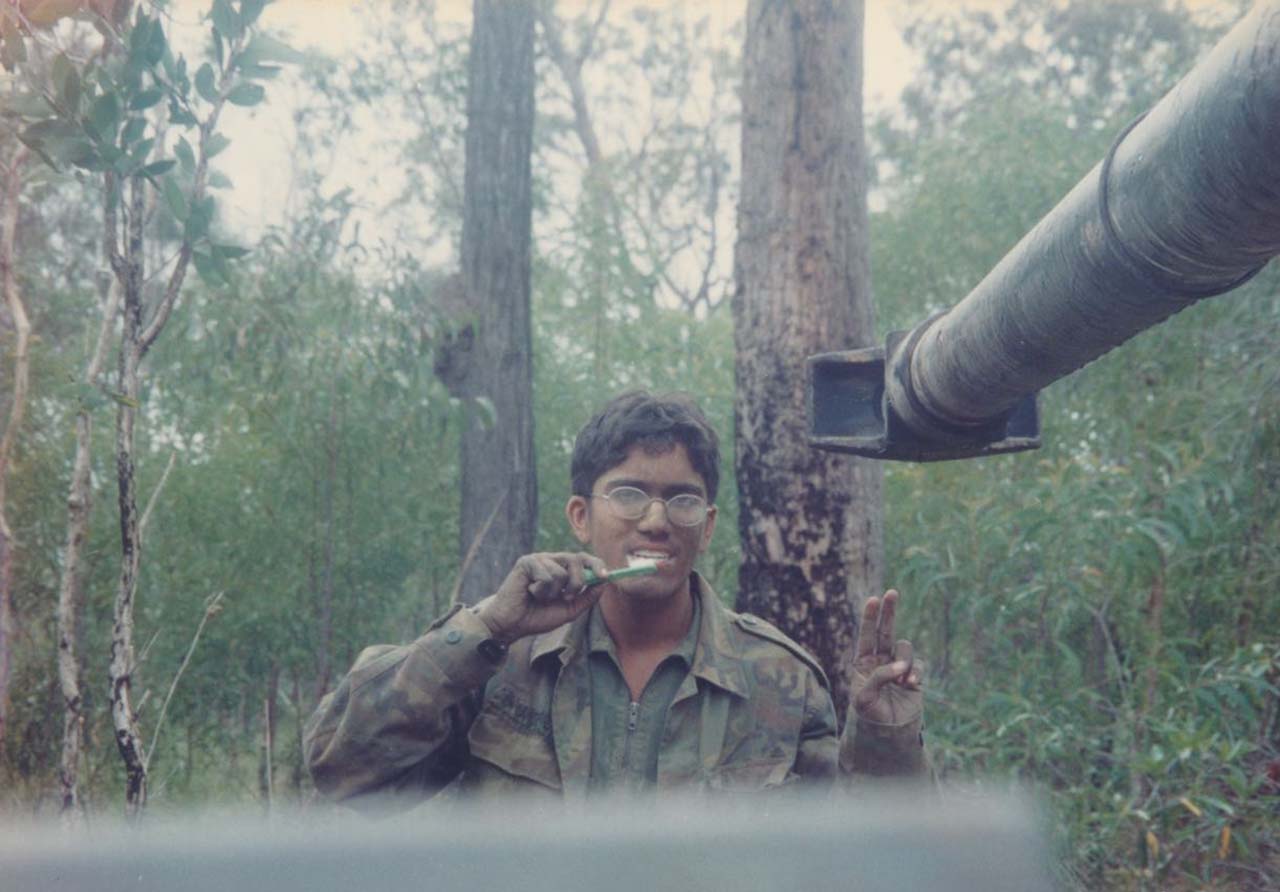
Sudhir Vadaketh is Jom’s editor-in-chief. This essay is one of several that Jom is publishing free to coincide with Singapore’s 57th National Day.
If you enjoy Jom’s work, do get a paid subscription today to support independent journalism in Singapore.

